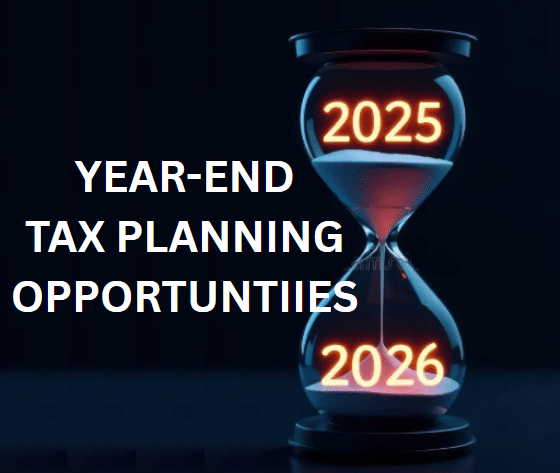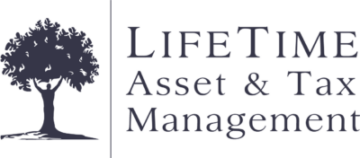 The “One Big Beautiful Bill Act” (OBBBA) that was enacted in July is a sprawling piece of tax legislation covering numerous areas of the tax code. However, for all its size, the new law wasn’t tremendously impactful from a planning standpoint. Much of it simply extends or modestly expands provisions from the 2017 Tax Cut and Jobs Act (TCJA) that was set to expire at the end of 2025.
The “One Big Beautiful Bill Act” (OBBBA) that was enacted in July is a sprawling piece of tax legislation covering numerous areas of the tax code. However, for all its size, the new law wasn’t tremendously impactful from a planning standpoint. Much of it simply extends or modestly expands provisions from the 2017 Tax Cut and Jobs Act (TCJA) that was set to expire at the end of 2025.
When the Bill first passed, we wrote about the changes to the standard deduction amounts, the new deductions for tips and overtime, the new senior deduction, the enhanced state tax deduction, and the return of 100% bonus depreciation.
As 2025 draws to a close, now is the time to take advantage of strategies that maximize tax benefits before new rules take effect in 2026:
Charitable Giving
- Make Contributions Now: Starting in 2026, itemized charitable deductions face a new 0.5%-of-AGI floor and additional reductions for high earners. Contribute in 2025 to avoid these limits.
- Use Donor-Advised Funds (DAFs): Lock in full deductions now while retaining flexibility to distribute funds later.
- Plan Ahead for Non-Itemizers: Beginning in 2026, taxpayers taking the standard deduction can claim up to $1,000 (single) or $2,000 (joint) for cash charitable contributions.
- Consider Lumping Deductions: Combine charitable gifts, SALT payments, mortgage interest, and other deductible expenses into 2025 to optimize itemization.
Education & Savings
- Expanded 529 Plan Uses: In addition to K–12 tuition, 529 funds can now cover curriculum materials, tutoring, standardized test fees, dual enrollment, and educational therapy. Annual limit rises to $20,000 in 2026.
- Postsecondary Credentials: 529 plans now cover tuition, fees, books, and exams for accredited credential programs and apprenticeships.
- New “Trump Accounts”: Starting July 2026, parents can contribute up to $5,000 annually to a tax-advantaged account for children under 18—no earned income required.
Home Energy Credits
- Energy Efficient Home Improvement Credit: Up to $3,200 for upgrades like windows, doors, insulation, and heat pumps. Projects must be completed by Dec. 31, 2025.
- Residential Clean Energy Credit: 30% credit for solar panels, geothermal systems, and battery storage—install by year-end.
- Quick Wins: Even a home energy audit (worth $150 credit) can help.
Other Year-End Strategies
- Prepay tuition for 2026 to maximize education credits.
- Increase 401(k) or IRA contributions to reduce AGI.
- Teachers: Deduct up to $300 for classroom expenses before year-end.
- Act now to lock in savings and avoid upcoming limitations. Contact us today to review your strategy before December 31!
Click here to see complete details on these key tax planning tips.
We hope you find this year-end task saving information helpful. If you have any questions, contact us!

